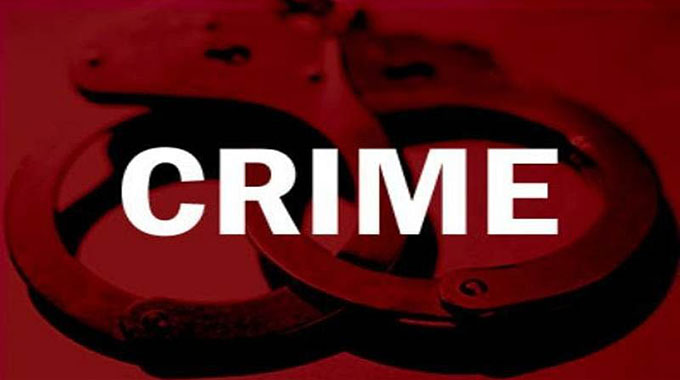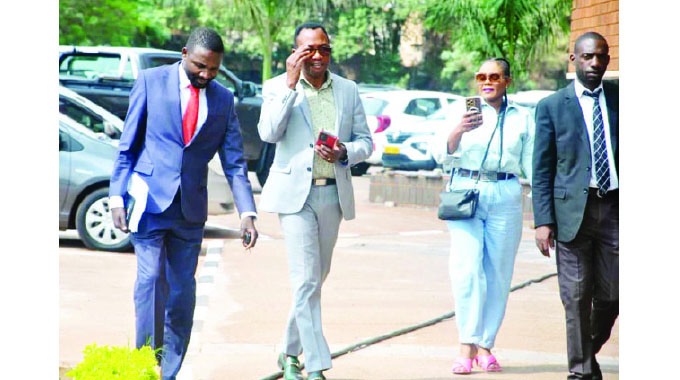Supreme Court throws out Kasukuwere candidature appeal

Chief Court Reporter
The Supreme Court yesterday backed the High Court decision that Saviour Kasukuwere is disqualified from contesting the presidential election next month because he is no longer a voter, having been out of the country continuously for more than 18 months.
Now, his lawyers say they plan to approach the Constitutional Court.
But as Supreme Court judgments cannot be appealed and are final as to findings of fact and findings as to what the law as it now stands says, this approach to the Constitutional Court would have to be on the grounds that the law violates Kasukuwere’s constitutional rights.
Kasukuwere, an independent candidate, had his nomination accepted, but this was challenged in the High Court in a civil suit and that court disqualified him from contesting the election after agreeing he was no longer on the voters roll, an essential qualification.
He immediately appealed to the Supreme Court which heard the appeal as a matter of urgency.
Justice Antonia Guvava sitting with Justice Chinembiri Bhunu and Justice Felistas Chatukuta yesterday sealed Kasukuwere’s fate when she delivered the court’s judgment upholding the High Court decision.
“After carefully listening to the submissions yesterday, we are of the firm view that the appeal lacks merit,” said Justice Guvava.
“The appeal is hereby dismissed with no order as to costs.”
She said the full reasons for the judgment would be made available in due course.
After the Supreme Court decision, Kasukuwere’s camp led by his chief elections agent Ms Jacqueline Sande held a press conference to say that Kasukuwere would now approach the Constitutional Court.
The High Court judgment now endorsed by the Supreme Court was based on a factual finding after all evidence was led that Kasukuwere had been out of Zimbabwe for more than 18 months, without even a brief return that could be as little as say just a night and which would restart the clock.
The second factual finding was that his absence was not covered by one of the accepted reasons such as prolonged medical attention or State service.
The legal findings were that the Electoral Act said a voter absent for 18 months was removed from the voters roll and that any candidate for election had to be on the national voters roll to stand for President.
The Supreme Court agreed with both the factual findings and the legal interpretation of what is the law as it now stands.
Judgments of the Supreme Court on either ground cannot be appealed because they are final.
This means that any approach to the Constitutional Court would have to be based on an argument that at least one of the two legal provisions in the Electoral Act violated his constitutional rights and so could not be applied.
The decision by the High Court recently that Kasukuwere was no longer a voter, and therefore, could not contest any election, was stayed the moment he filed his appeal with the Supreme Court, and that triggered the need for an urgent Supreme Court decision one way or the other.
Harare lawyer Mr Lovedale Mangwana had won the legal battle to thwart Kasukuwere from entering the race for the highest office on the land after the High Court made its initial findings on fact and law.
Suspecting that Kasukuwere was unlikely to prosecute his appeal urgently, so in the normal course of events it was likely to be heard only after the election, Mr Mangwana took it upon himself to make sure the appeal was brought forward to be decided ahead of the election, which is less than a month away.
But Kasukuwere’s lawyers consented to the urgent appeal hearing.
The law disqualifies a voter who has been absent from the country for more than 18 months and Kasukuwere had failed to prove he had not been absent from Zimbabwe for that period.
A certified copy of his passport would have shown any entries into Zimbabwe that would have restarted the clock, the court noted.
The lower court also dismissed Kasukuwere’s statement that he was in South Africa for medical treatment, as there was zero supporting evidence, such as a medical report.







Comments